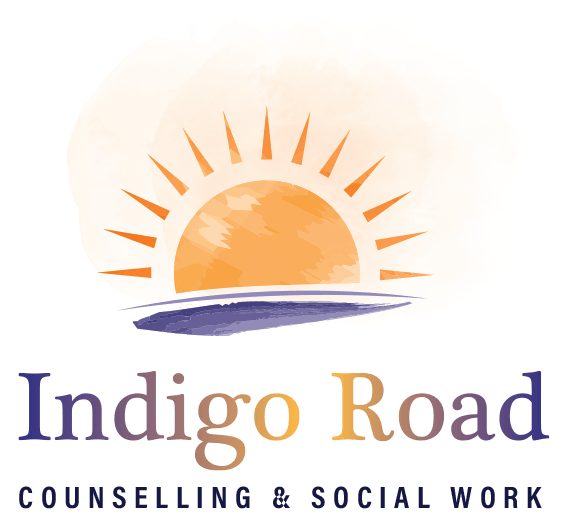Some people make friends very easily – it often seems that these particular people are social butterflies, always off doing things with one of the many friends they have. Meanwhile you feel that you’re sitting around wondering where all your invitations are, and why social butterflying doesn’t seem to come naturally to you.
For some people, the process of finding others to connect with, and the process of maintaining those relationships, can be a big struggle and a lifelong challenge. And some people may look like they have a large social network but underneath it all, they aren’t getting fulfillment from these people they call friends and mask this quite well.
The research tells us that connections with others help us with our mental health and build that thing called resilience which helps us stay strong when life throws those rotten eggs at us. But how do we find those connections when it doesn’t come so naturally?
Let’s look at a few ideas that can help us review how we approach our friendships.
- Sometimes we question our worth when we struggle to keep a connection with people, we feel should be our friends. We reflect on statements like, “what’s wrong with me”, “have I done something?”. Sometimes we do accidentally upset others in our communication; that’s normal and human nature. But more often than not a feeling of confusion or discomfort about a particular friendship can be simply a friction between what we value in a relationship and what the other person values. It can be helpful to take some time to consider what you value in a close friendship, then use this to reflect on your social relationships. Do you feel that your values are aligned to those of your peers?
2. Friendships have different meanings to different people. And people communicate their love and connection in different ways. Many factors influence how we all interact with others and express our regard. We know that some neurodiverse children enjoy being around other children, however, have a preference to play their own game rather than participate in a game with others. Yet when asked some of these children that prefer playing solo would name those peers as their friends. Have these kids misunderstood the term ‘friend’? Who are we to tell them how to connect with others? Is this social interaction safe and does it bring them joy and a sense of belonging? That’s the most important question. It’s good to question what “friendship” means to you, what connections bring you a sense of belonging and happiness, and how you communicate your love and regard to others.
3. Relationships are fluid – our values and connections change over time as we grow and choose our own adventures in life. Like partnerships, adjusting to changes in our friendships over time can bring a wave of confusion and grief. Sometimes we feel a need to maintain the exact same connection throughout our lives with our friends and if we don’t, we’ve done something wrong. Friends can grow apart, or rather as our lives progress, we often redefine the relationships in our lives and how they fit with what we need.
4. If we are starting to become overwhelmed with certain emotions within a relationship with a friend, it might be a good time to stop and think about why. And it’s also a good time to take some time to revisit what healthy relationships look like. Some qualities of a healthy friendship can be:
Respect
Honesty and trustworthiness
Open communication and good listening
Mutual support
Loyalty
Respecting each other’s boundaries
Positive influence – building each other up (rather than dragging each other down)
5. It’s not always about quantity – sometimes having just a few good friendships that have healthy qualities like the ones outlined above can be what you need. The world of social media creates a false idea that we need as many ‘likes’ as possible; the more ‘friends’ we have, the happier we are. There is no evidence to suggest that this is true. In fact, for some people, the energy of maintaining numerous friendships contributes to all sorts of emotional challenges including low self-worth – it can be too difficult to keep up which feeds a false sense of failing socially.
We add all sorts of pressures to ourselves in the realm of friendships and social connections. A lot of what we think we should be doing or feeling in our social groups is often dictated by vague social expectations that aren’t actually manageable. So, if you feel that you are struggling with finding friends, or experiencing doubts in current relationships, it might be time to reflect on what’s important to you, what you value, and what might be going on. And there’s absolutely nothing wrong with reaching out and asking for help to work through these thoughts.






